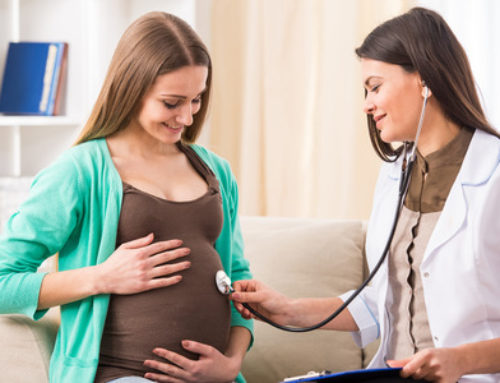
Older moms do face higher risks during pregnancy, but those risks, put in perspective, are not as risky as they might seem.
To break it down:
After the age of 35, the risk for a congenital anomaly increases to a 3.5 to 5 percent risk. That means a 95 percent chance of delivering a healthy baby.
Pregnancy after age 35 also means a greater chance of:
- High blood pressure
- Diabetes
- Placenta previa
- Stillbirth – but the encouraging news here is that the risk of stillbirth for all pregnancies is less than one percent; for women ages 35 to 39 is 1.1 to 1.4 percent; for women older than age 40, the risk increases to 1.1 to 2.1 percent (statistics from the American College of Obstetricians and Gynecologists).
What can you do to help ensure your pregnancy after age 35?
- Schedule a complete physical before you try to conceive.
- Manage any chronic conditions such as high blood pressure or diabetes.
- If you have any pre-existing health conditions, you might want to consider an OB/GYN who specializes in high-risk obstetrics.
- Talk to your OB/GYN about possible risks in pregnancy after age 35. Honestly ask questions and share your fears.
Once pregnant, you should:
- See your OB/GYN for regularly scheduled appointments.
- Take any pre-natal supplements that are recommended or prescribed by your OB/GYN.
- Call your OB/GYN with concerns – cramping, bleeding, intense headaches.
- Manage any chronic ailments.
- Walk or follow an exercise regime suggested by your OB/GYN.
- Follow a healthy diet and drink plenty of water.
- Enjoy your pregnancy and this special time in your life.
Contact your neighborhood Texas Health Care Obstetrics & Gynecology clinic in DFW for more information and pregnancy care.






